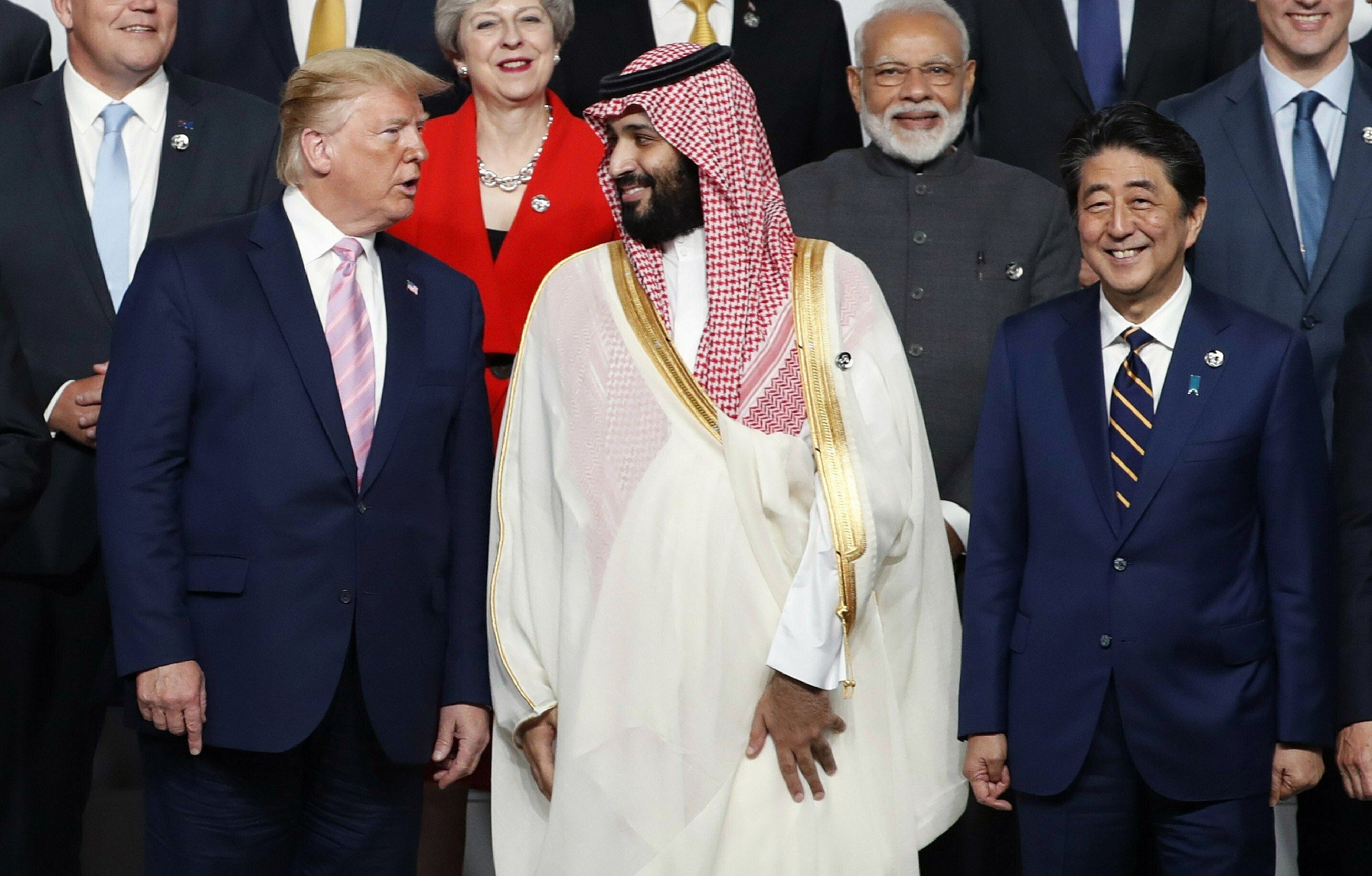



US President-elect Donald Trump said on Wednesday he would use the momentum of the freshly agreed upon Gaza ceasefire deal to expand the Abraham Accords, the US-backed agreements struck during his first term that normalized Israel’s relations with several Arab countries.
Negotiators reached a phased deal on Wednesday to end the war in Gaza between Israel and Hamas after 15 months of conflict.
Trump, who repeatedly threatened that there would be “hell to pay” if hostages were not released ahead of his January 20 inauguration, said he was “thrilled American and Israeli hostages will be returning home.”
“With this deal in place, my National Security team, through the efforts of Special Envoy to the Middle East, Steve Witkoff, will continue to work closely with Israel and our Allies to make sure Gaza NEVER again becomes a terrorist safe haven,” Trump wrote on his Truth Social platform.
“We will continue promoting PEACE THROUGH STRENGTH throughout the region, as we build upon the momentum of this ceasefire to further expand the Historic Abraham Accords,” he added, referring to the agreements that normalized Israel’s ties with the United Arab Emirates, Bahrain and Morocco.
Israel and the US under the Biden administration had long sought to broaden the deal to include major Arab power Saudi Arabia, but such efforts were halted by the outbreak of war, and Riyadh has said it will not consider normalizing relations until Jerusalem commits to a “credible path” to a Palestinian state.
Saudi Foreign Minister Prince Faisal bin Farhan has repeatedly emphasized that “normalization and true stability will only come through… giving the Palestinians a state.”
Some Arab governments are now waiting to see whether Trump will revive normalization efforts, and within the Trump camp, there is a sense that an Israeli-Saudi deal is still possible, according to a source familiar with the matter.
The Biden administration had been working to broker a normalization accord between the two countries that would include US security guarantees and other bilateral deals with Riyadh, but those efforts stalled after the October 7 Hamas onslaught.

